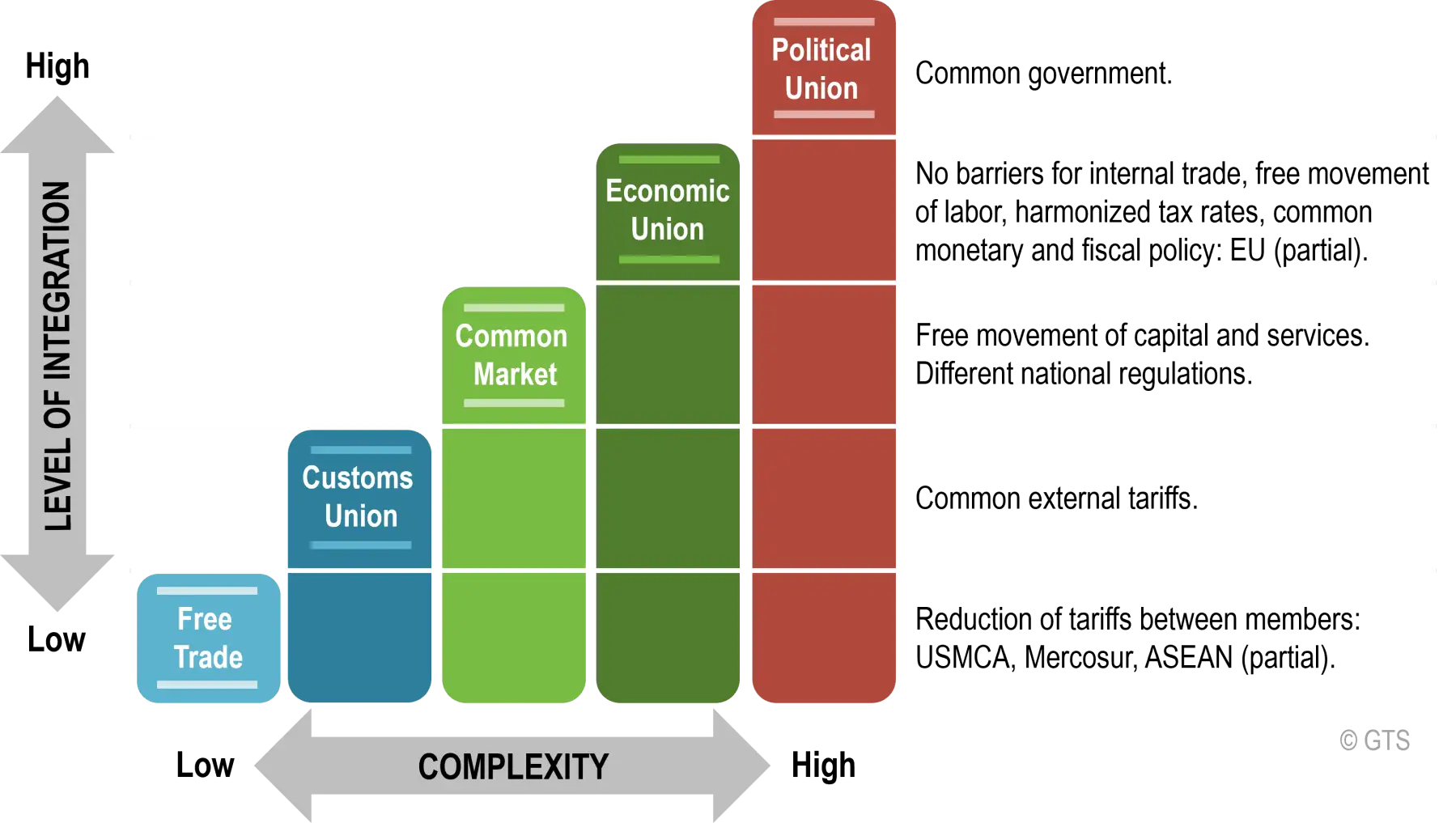Current Affairs – 12/12/24, consists of the news and views from Mint(Hindustan Times) and Indian Express.
Current Affairs – 12/12/24 I Source: Mint
Conflicts fuelling inflation, time for global action: FM
Finance minister Nirmala Sitharaman on Wednesday flagged inflation as a pressing global challenge that transcends borders and defies individual nations’ efforts, as she called for collective action to tackle the issue effectively.
“Inflation globally is a big challenge.
It doesn’t respect borders and is so contagious that no country’s efforts today are entirely successful.”
“The world is facing a challenge reflected in various ways in our economies,” she added, emphasizing that combating inflation requires a unified approach.
“It is incumbent upon all of usi ndustry, government, policymakers, citizens, and citizen forums to work tirelessly to restore some normalcy,”.
Sitharaman’s remarks come against a backdrop of mounting inflationary inflation pressures affecting both advanced and emerging economies, driven by geopolitical tensions and supply chain disruptions.
India’s retail inflation, measured by the consumer price index (CPI), surged to 6.21% in October, a 14month high, as food prices continued to rise. The spike breached the Reserve Bank of India’s mediumterm target of 26% for the first time in over a year.
Food inflation, which accounts for nearly half the consumption basket, climbed to 10.87% in 1% October from 9.24% in Septemberthe highest retail in 15 months further straining household budgets.
Addressing global supply chain vulnerabilities, Sitharaman highlighted the role played by geopolitical tensions in destabilizing economies.
“The world tasted success in spreading supply chains on the principles of efficiency and scale. But today, would there be anyone in the audience who would disagree if I say just economics doesn’t prevail?” She pointed to the challenges posed by ongoing conflicts, including the Russia Ukraine war, Israel Palestine conflict, and the Red Sea crisis, which have compounded global supply chains already weakened by the pandemic.
in Oct, disruptions have particularly impacted energy dependent economies, exacerbating inflationary pressures worldwide.
Sitharaman called for stability in global supply chains, emphasizing that restoring them to a frictionless state requires addressing political and strategic considerations alongside economic factors.
“A lot of promises are made on the table, but nothing is realized as much as was spoken. So climate change is something for all of us to commit ourselves, like the intensity with which we commit to for removal of poverty,” she said.
She warned of the economic toll of extreme weather events, which disproportionately affect vulnerable populations. “(We must) make sure our people don’t lose their hardearned wealth, small assets, their lives to climate vagaries, as extreme weather events are taking away resources of the poor people,” she added.
Sitharaman argued for a broader perspective on climate challenges, extending beyond emissions to include innovation and technology in agriculture. She advocated shifting away from water intensive 87% crops to coarse grains,
“Water thirsty crops n Sep should be replaced by others, which are coarse grains. But yet the protein requirement of the world will also need to be addressed, so agriculture shouldn’t be looked at in the same fashion that we’ve looked at it all these years,” she added.
CEA calls for right balance of regulation and growth
Chief economic adviser V. Anantha Nageswaran on Wednesday cautioned against overregulation and said the right balance needed to struck between optimizing growth and the regulatory framework in light of global uncertainties.
He also called for drawing a distinction between regulation in the financial and nonfinancial sectors.
Speaking at the CIIGlobal Economic Policy Forum, Nageswaran said while Indian regulators have focused on ensuring that no “deviant behaviour” goes unpunished, in the current context of uncertain global economic outcomes and premium growth, regulators must reflect on what they should optimize, not maximize.
“In our country, we have focused more on making sure that not a single act of deviant behaviour goes unpunished.
And that is something that we need to reflect on,” he said.
“Therefore, what is it that the regulator has to optimize rather than maximize in this case? And that is the question that regulators have to ask themselves,” he added.
Nageswaran said that in the nonfinancial sector, except for natural utilities where regulation is needed to protect customer interests, competition and market forces largely determine regulator’s role.
“You (regulators in nonfinancial sectors) can expect competition to take care of much of the roles that regulators are expected to perform.
So, as long as you create a competitive environment as close to the theoretical perfect competition, you are fine,” he said.
“But in financial matters, the only reason regulators have a natural tendency to lean, subconsciously or unconsciously, towards what you may consider as excessive regulation is because of two things: the effects are systemic or not sectoral, and two, when things go wrong, it is the state that is expected to bail out the overall economy.
Note
In order to ensure the aspirant would enjoy reading the complete article, as reading the crux or gist might help you to remember and look at the big picture.
we are trying to share the original article with small tweaks, without any loss of information.
In order to avoid redundancy, the news which is common in both papers is reported only once, to save your time.


